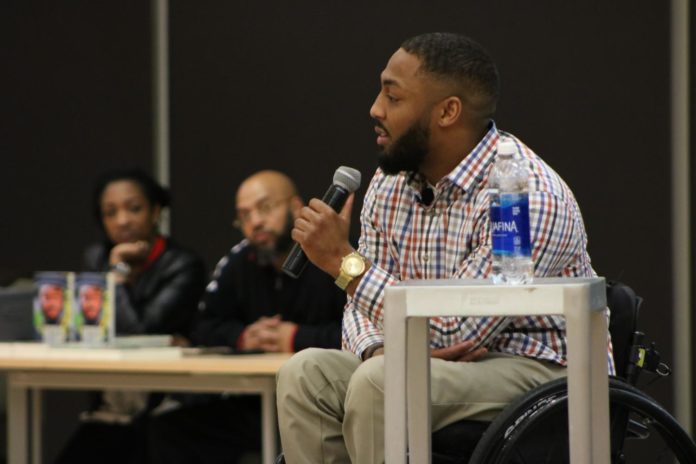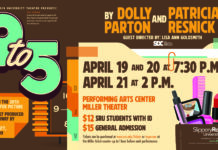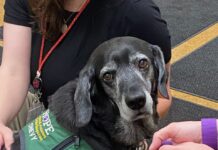Writer and activist Leon Ford visited Slippery Rock University on Monday to tell his story of being shot five times in an incident of police brutality. In 2012 Ford was pulled over for running a stop sign that did not exist. After providing the officers with his license and registration they mistook Ford for someone with a similar name. After trying to forcibly enter the car, one officer shot Ford as he attempted to drive away.
“I was at peace,” Ford said. “But I wanted to live.”
Now six years later Leon Ford is an activist and writer who shares his story across the country including at colleges and universities. SRU’s Black Action Society sponsored the event and organized Ford’s trip to Slippery Rock.
“While I was fighting for my freedom and my life, I was fighting demons within myself,” Ford said.
Ford had to come to terms with his new situation. Before he was shot, Ford said that much of his self-worth was based on his physicality, “and they took that away from me, and what really saved me was writing.”
During his recovery, Ford began writing. At first he wrote lyrics and eventually he wrote pages and pages dealing his struggles.
“I was just writing and writing and writing and pouring out my heart, and that’s really what saved my life,” Ford said.
Niyah Pope, Vice President of Black Action Society decided to bring Ford to campus because “when you hear of police brutality victims and stories and things of that nature you typically think that will never happen to you or someone you know or even nearby.”
Ford began with a presentation about his life and his experiences before inviting the audience to ask questions. Attendees asked about Ford’s past, things he would have done differently and his feelings about the offending officers and also shared stories about their experiences. Associate Provost David Wilmes asked what needed to be done to change the culture that lead Ford’s to experience with brutality.
“We need to keep the conversation going, we have to actively engage in this conversation,” Ford responded. He went on to say that the stories of healing and reconciliation need to be taken to the public and not just heard in the usual groups.
After the question and answer segment Ford took photographs with attendees and signed copies of his book “Untold” that details his ordeal to close the event.







